Smyrna: The Suffering Church Revelation 2:8–11
Smyrna was named for the word myrrh, an aromatic gum resin that is bitter to the taste but sweet to the smell. It was used to embalm the dead in the first century (Jn. 19:39). The church in Smyrna faced bitter persecution and death, yet it emitted a fragrant testimony of faithful commitment to Christ in the midst of an idolatrous society.
The city of Smyrna was 35 miles from Ephesus. It was located at the base of Mount Pagus, nestled between seven hills in a well-planned and protected coastal harbor on the Aegean Sea. Because of its location on the Aegean and also on the Hermes River, Smyrna was a major commercial center and brought great wealth to the area that rivaled Ephesus and Pergamos.
Smyrna possessed wide, paved streets and beautiful buildings. The city was noted for its art, education, philosophy, science, school of medicine, and large library. Temples to the pagan gods Apollo, Asclepia, Aphrodite, Cybelle, Emperor Tiberius, and Zeus dotted the landscape. In A.D. 26 Rome granted Smyrna the right to erect a temple in honor of Tiberius and his mother, Julia. A golden street extended from the temple, connecting it with the others within the city.
Scripture is silent on the establishment of the church at Smyrna. The church was surrounded by a demonic system dedicated to these gods of Rome. Yet, in the midst of this cesspool of pagan pollution, the Smyrna church exhibited a powerful testimony of purity during the years that Christians were severely persecuted for their faith.
Christ identified Himself to this church in four ways: “And to the angel of the church in Smyrna write, ‘These things says the First and the Last, who was dead, and came to life”‘ (v. 8). He is (1) “the First,” existing before creation was formed; (2) “the Last,” meaning He will exist after this present universe is dissolved and recreated for eternity; (3) He is eternal because He “was dead, and came to life”; and (4) He is God because He is the First and the Last and was alive at this time. The Lord’s words were a great encouragement to the believers in Smyrna, many of whom were being martyred for their faith.
There was no condemnation for this church, only commendation:
I know your works, tribulation, and poverty (but you are rich); and I know the blasphemy of those who say they are Jews and are not, but are a synagogue of Satan. Do not fear any of those things which you are about to suffer. Indeed, the devil is about to throw some of you into prison, that you may be tested, and you will have tribulation ten days. Be faithful until death, and I will give you the crown of life (vv. 9–10).
Tribulation refers to how believers here suffered because of their uncompromising commitment to Christ. First, they were persecuted politically because they would not worship Caesar as a god. Second, they suffered abject poverty because of persecution. Yet they were “rich” in Christ’s love and had spiritual blessings and scriptural encouragement (v. 9; cf. 2 Cor. 6:10).
Third, they suffered religious persecution through “blasphemy,” meaning slander. A large Jewish population lived in Smyrna, and Satan used it to hinder the church; thus the title “synagogue of Satan.” Fourth, they suffered physical persecution. The Lord allowed Satan to incarcerate some of the Christians in Smyrna to test them for “ten days” (v. 10).
Commentators hold four positions on this tribulation: It was (1) 10 literal days of persecution, (2) 10 major Roman persecutions for the first 250 years of the church, (3) a 10-year persecution through the Emperor Diocletian, and (4) 10 is a symbolic number signifying a complete yet brief period of testing. The first interpretation is most likely correct.
In A.D. 155, Polycarp, the famous bishop from Smyrna, was singled out as a leader of the church. Refusing to recant his faith at the age of 86, Polycarp was burned alive at the stake. Before he died, he is reported to have said, “Eighty and six years have I served Him [Christ], and He hath done me no wrong. How can I speak evil of my King who saved me?”
The Lord commanded and counseled the church, “Do not fear any of those things which you are about to suffer” (v. 10). Christ assured them that He was in complete control of their circumstances. God limits what Satan can do to believers. He will not allow them to be tried beyond what they are able to bear, and His grace is sufficient to carry them through any trial (1 Cor. 10:13; 2 Cor. 12:9).
Those who remained faithful during persecution will one day be compensated by receiving “the crown of life” (v. 10). The reward is not eternal life, which they already possessed by putting faith in Christ’s finished work on the cross; it is the martyr’s crown, given to those who are “faithful until death” in recognition of their unwavering faith (v. 10).
The section on Smyrna concludes with verse 11:
He who has an ear, let him hear what the Spirit says to the churches. He who overcomes shall not be hurt by the second death.
No true believer will have to endure the Great White Throne Judgment and be condemned to the Lake of Fire, which is the second death (20:11–15).
The Christians in Smyrna underwent crushing persecution, but throughout their experience they displayed great faith in Christ. Materially poor though they were, they were rich in spiritual blessings. Because of their faithful commitment to Christ, this church lived a victorious life.
Christians today who undergo trials for their faith can glean encouragement, strength, and comfort from the testimony of this church. The Lord challenges each reader to take this message to heart and “hear what the Spirit says.” It is a message each of us needs to heed.
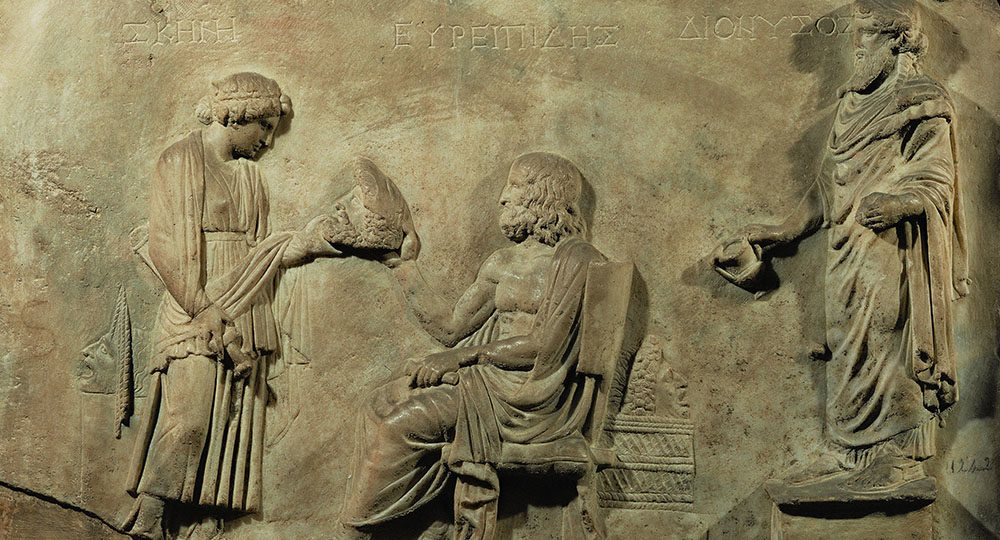
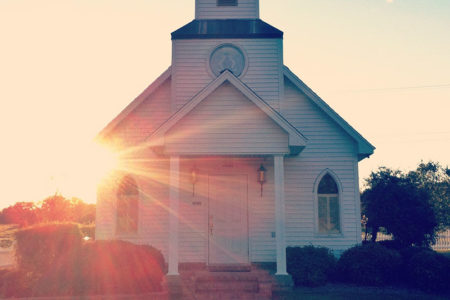
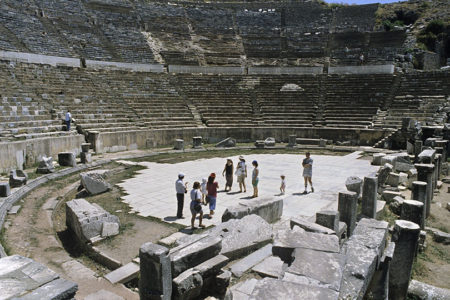
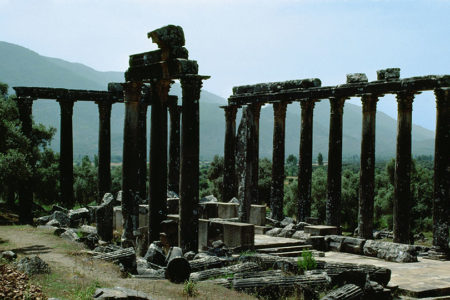
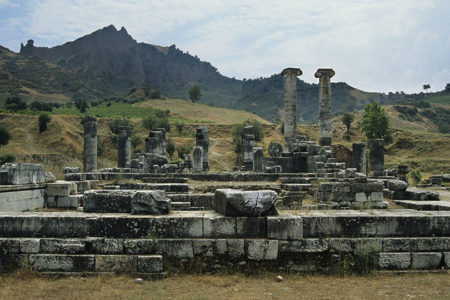
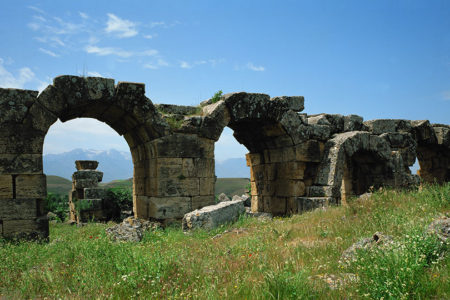


No they do not to my knowledge. I think that they are buried within 24-48 hours after their passing.
Do Jews embalm their dead?